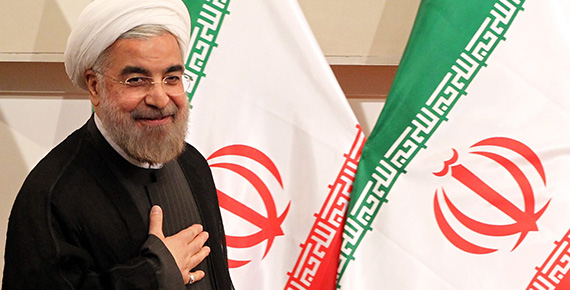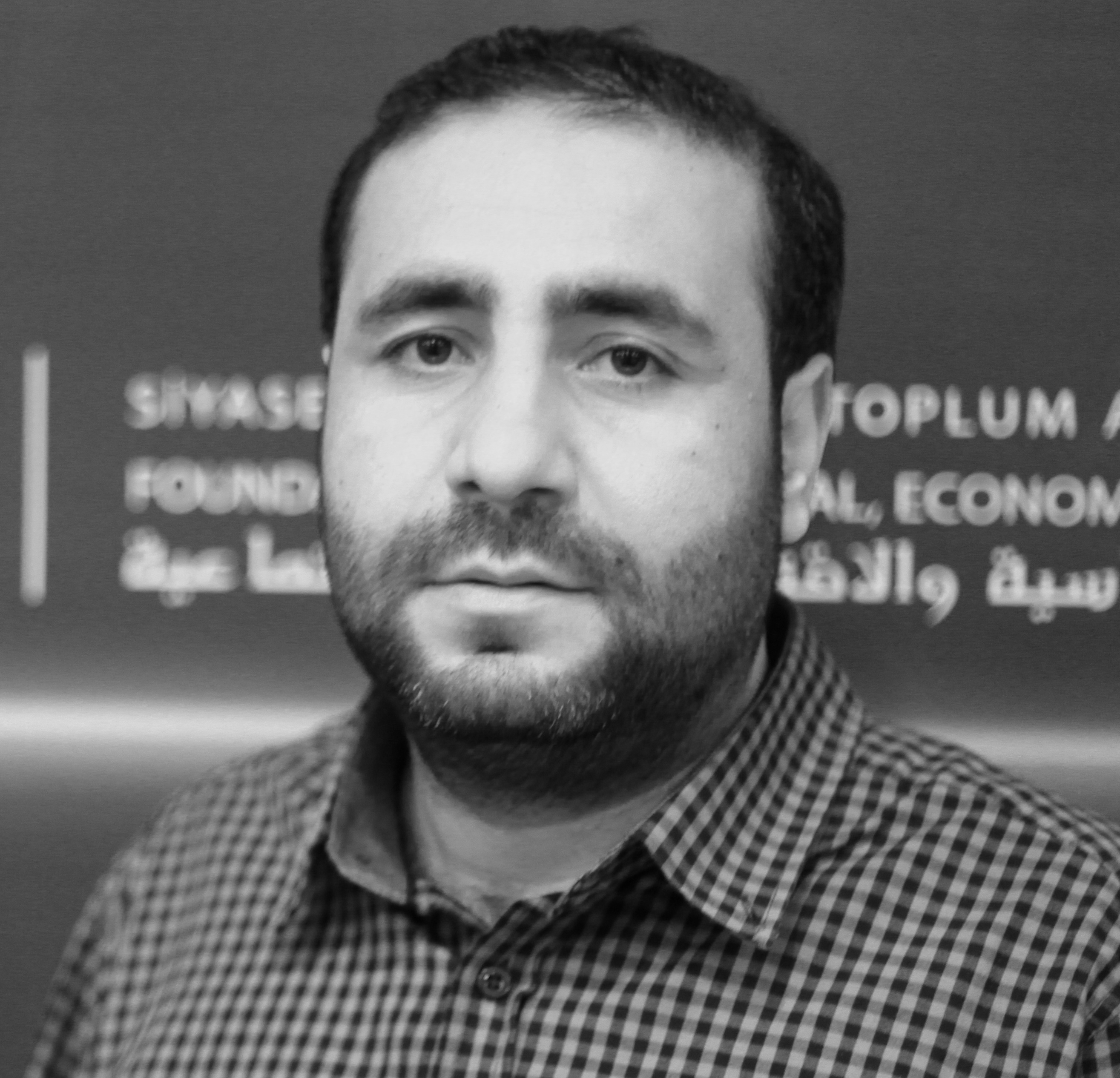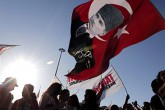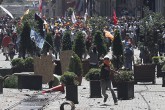Iran headed to the ballot box on June 14, 2013, for the 11th term of the presidential elections. On the eve of the polls, the Guardian Council of the Constitution vetoed the candidature applications of some leading figures such as Esfendiar Rahim Masshaei and Akbar Hasemi Rafsanjani and that had caused a public stir. The impression now is that the system in Iran wishes to see a conservative man as the president. On the other hand, it was worth to note that the approved candidates were not the type of politicians who would have caused any trouble for the system. The general view was that a conservative candidate was to win the race. The conservative candidates had reached an agreement among themselves that they would withdraw from the elections in favor of the one who is most likely to get the highest number of votes. Therefore, the conservative camp had joined the race with a single candidate and increased their likelihood of winning the elections. This was not the case however. None of the conservative candidates withdrew from the race –except one (Haddad Adil). On the contrary, a reformist wing achieved to form an alliance and one of the two candidates, Mohammed Reza Arif, withdrew in favor of Rouhani and helped this camp to participate in the elections with a single candidate. The elections in Iran began with this scenery. When the results were announced, almost everyone was surprised. This is because contrary to the expectations not one of the conservative candidates but Rouhani with the support of the reformist wing had a landslide victory. Rouhani won 51 percent of the votes; Khalibaf won 17 percent, Jalili 11 percent, Rezai 11 percent, Valayati 6 percent, and Garazi 1 percent. Of course, many things can be said about the reasons behind Rouhani’s victory. This article, however, will rather focus on the future course of Iranian politics together with the new president.
IS ROUHANI A REFORMIST?
It will be beneficial to take a look at the profile of Rouhani, who is known with the nick name “diplomat sheikh,” in terms of having ideas about the policies he would possibly follow both in national and foreign policy areas in the next term. Born in 1949 Rouhani went to the city of Qom for religious studies at 13 and continued his education with the classical Muslim theology courses. In addition to religious education, Rouhani also studied law at the University of Tehran and received his PhD in Sociology of Law in Britain. The President-elect is the person who suggested for the founder of the Iran Islamic Republic Khomeini to be named “imam” and from there on Khomeini was called “Imam Khomeini.” Actively involved in politics before the Revolution, Rouhani served in various capacities including deputy speaker of the Majlis twice, as well as the head of defense committee and foreign policy committee, two terms for each. During the Iraq War, Rouhani became a top level commander and the member of the Assembly of Experts. With the formation of the Supreme National Security Council, Rouhani became the secretary general of the Council and the Ayetollah’s representative in the Council. He remained in the seat of the secretary general of the Council in the Khatemi government and conducted nuclear talks as the chief negotiator. Currently a member and deputy general secretary to the Expediency Council Rouhani also heads Political, Defense, and Security Committee of the Expediency Council. Since the President-elect is at the same time the Ayetollah’s representative in the Supreme National Security Council, it will not be a mistake to say that he is a man to voice the demands of the reformists rather than being a reformist himself; therefore having the support of the reformists, he will avoid conflicts with the system.
Rouhani shines out as a leader close to Rafsanjani – a critical actor of the Iranian politics – and a pragmatic figure just like Rafsanjani. Rouhani tried to gather moderate and modest tendencies in all groups around him rather than becom
In this article
- Foreign Policy
- Opinion
- 1949
- 2013
- As Rouhani is a moderate man of reconciliation and dialogue
- Britain
- Elections
- expectations about adopting a different line of politics in Iran have increased both inside and outside
- Global Actors | Local Actors
- Hassan Rouhani
- Iraq
- Islam
- Islamic
- Islamic Republic of Iran
- Middle East
- Muslim
- UK
- United Kingdom (UK)



